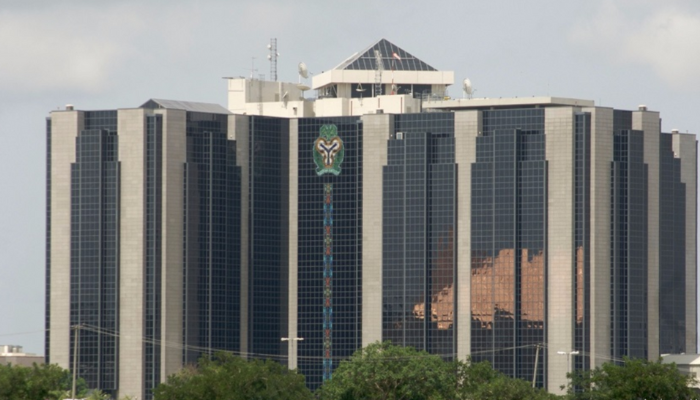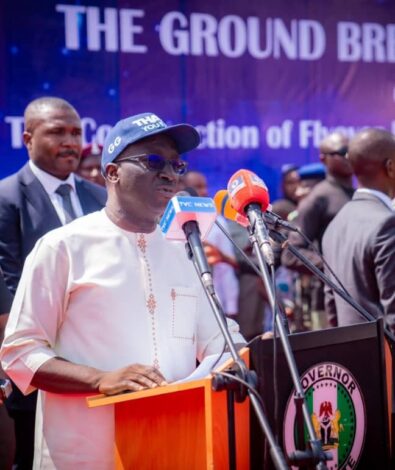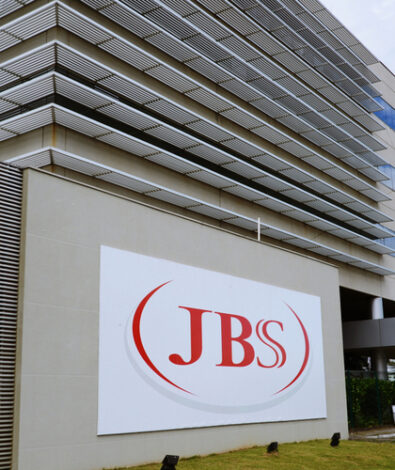CBN survey shows 71.4% of Nigerians want lower interest rate

Not less than 71.4% of Nigerians are calling for a reduction in interest rates amid growing concerns about inflation and economic hardship.
This is according to the September 2024 Inflation Expectations Survey (IES) of the Central Bank of Nigeria (CBN), which gathered opinions from businesses and households across the country.
The survey, conducted between September 9 and 13, aimed to gauge the public’s perception of inflation and their expectations for future economic conditions.
The survey, which included 1,750 businesses and 1,665 households from 36 states and the Federal Capital Territory, indicated a significant preference for lower interest rates.
Only 12.5% of respondents supported an increase in rates, while 16.1% preferred the rates to remain unchanged.
This overwhelming majority favouring a reduction in rates reflects widespread concerns about the cost of borrowing and its impact on business and household expenditures.
The report read: “Most of the respondents (71.4 per cent) prefer the CBN to reduce the interest rate, while 12.5 per cent expect the interest rate to be raised. The remaining 16.1 per cent preferred the rates to remain unchanged.”
The IES report also highlighted that inflation remains a major concern for Nigerians. About 58.5% of respondents described the current inflation rate as high, with both businesses and households reporting a negative outlook.
Energy costs are a major driver of inflation perception
The survey found that energy costs, transportation, exchange rates, and insecurity were key drivers of inflation. These factors were consistently identified by respondents as contributing to the rising cost of living.
The survey also revealed a difference in inflation perception between businesses and households. Businesses reported a slightly less negative view of the current inflation situation compared to households.
Small businesses, in particular, expressed the least negative perception, while households in urban areas had a lower inflation index compared to those in rural areas.
Moreover, lower-income households, particularly those earning less than N30,000 per month, were the most affected, with the highest inflation perception index.
Looking ahead, the survey showed that Nigerians are cautiously optimistic about the future. Both businesses and households expect inflation to gradually ease over the next six months.
However, businesses are more optimistic about a potential decline in inflation compared to households. The expectation for future inflation continues to be driven by factors such as energy prices, transportation costs, exchange rates, and insecurity.
The report also noted that a majority of respondents closely follow CBN communications on inflation and interest rates, with 62.1% indicating that they monitor these updates.
Also, 61.8% of respondents believe that the CBN is transparent in its communication efforts, though 50.9% feel that CBN communications only somewhat influence inflation expectations.
What you should know
The CBN, under Yemi Cardoso, increased the monetary policy rate (MPR) five times to combat inflation and foster economic stability.
The first hike increased the rate from 18.75% to 22.75%, the second to 24.75%, the third to 26.25%, the fourth to 26.75%, and most recently in September 2024, the Monetary Policy Committee (MPC) raised the rate by 50 basis points to 27.25%.
These increases, totalling 850 basis points since Cardoso’s appointment, have been driven by efforts to tackle the country’s persistent inflation challenges, which include high core and food inflation.
The headline inflation rate in August 2024 stood at 32.15%, marking a slight decrease of 1.25%-points from 33.40% in July 2024, according to the National Bureau of Statistics (NBS).
Despite this reduction on a month-to-month basis, when compared year-on-year, the August 2024 headline inflation rate increased by 6.35%-points from the 25.80% recorded in August 2023, indicating that the overall inflationary pressures are still significantly higher than they were a year ago.
On a month-to-month basis, the headline inflation rate for August 2024 was recorded at 2.22%, reflecting a marginal decrease from 2.28% in July 2024.
This means that while prices continued to rise, the rate at which they increased slowed slightly between July and August.
The National Bureau of Statistics (NBS) is expected to release the Consumer Price Index (CPI) report for September on Tuesday, October 15, 2024.



